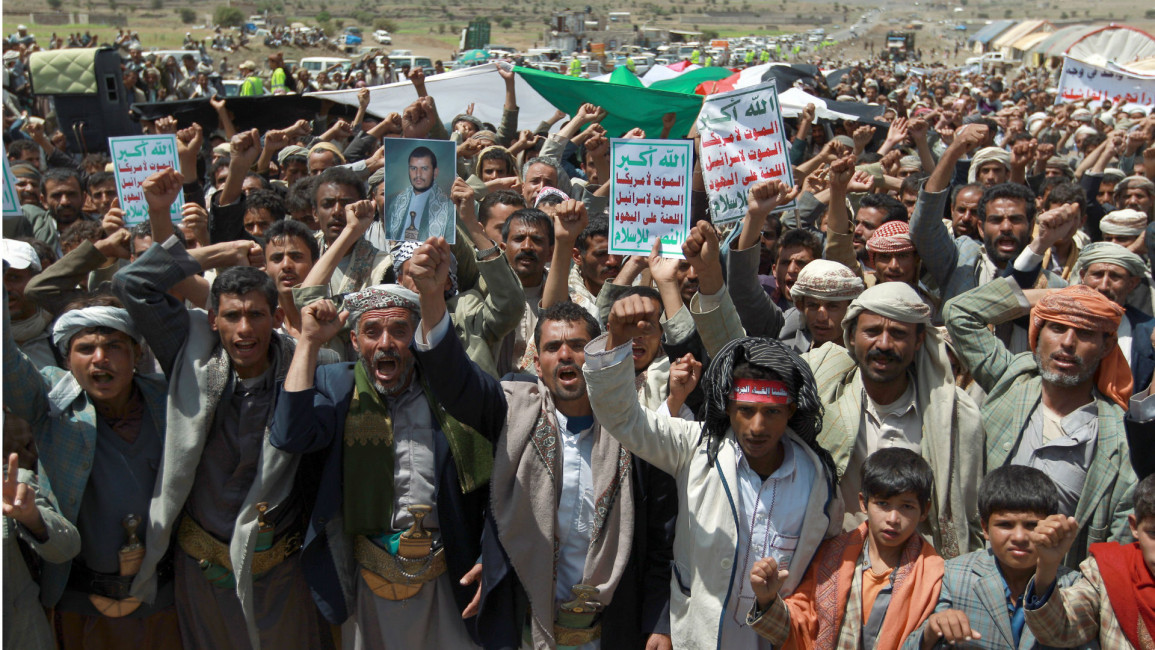Yemen returns full circle as Houthis end fuel subsidies
In July 2014, quietly just before the Eid holiday, Yemen's president Abd-Rabbo Mansour Hadi tasked the government with making the announcement that the state would remove most fuel subsidies, a move that would send the price of fuel in the Middle East's poorest country upwards.
The decision was seized upon by the Houthi movement, whose fighters were encroaching on the Yemeni capital Sanaa. They held mass protests at the 'injustice' of the government's move, and the presence of countless armed men among the 'protesters' indicated their real intention.
Indeed, they took over the capital, eventually took over the government, and forced Hadi to flee to his current abode in the Saudi capital Riyadh.
Fast forward to the present day, and a statement issued on the Houthi-controlled state news agency Saba on Monday night awkwardly reveals that the rebel movement have had to embarrassingly backtrack on their refusal to even countenance the partial removal of subsidies.
In fact, they have had to go even further than that, and the statement, signed off by the head of the Houthi-led 'Higher Revolutionary Committee' Muhammed Ali al-Houthi, stipulates that fuel subsidies will now be totally removed, with the prices now being dictated by the global market.
The move, when is implemented, will lead to a sharp rise in fuel prices, even with the low price of oil globally.
The IMF and western donors had been pushing Yemen to abandon subsidies for years, arguing that the subsidies consumed a large percentage of Yemen's budget, and that it encouraged the black market.
The irony is that it is now Yemen's self-professed anti-American rebel movement which has finally made the move.
The decision is a sign of growing financial pressure on the Houthis as war rages across the country, and Saudi-led coalition planes bomb from above.
The country faces a financial and humanitarian crisis - and one that only appears to be worsening.
The Houthis have been able to rely on the largesse of their ally, ex-president Ali Abdullah Saleh, up until now, but it appears that those funds may be drying up.
And with no end in sight to Yemen's war, the Houthis will attempt to find any way to make all the savings they can.



